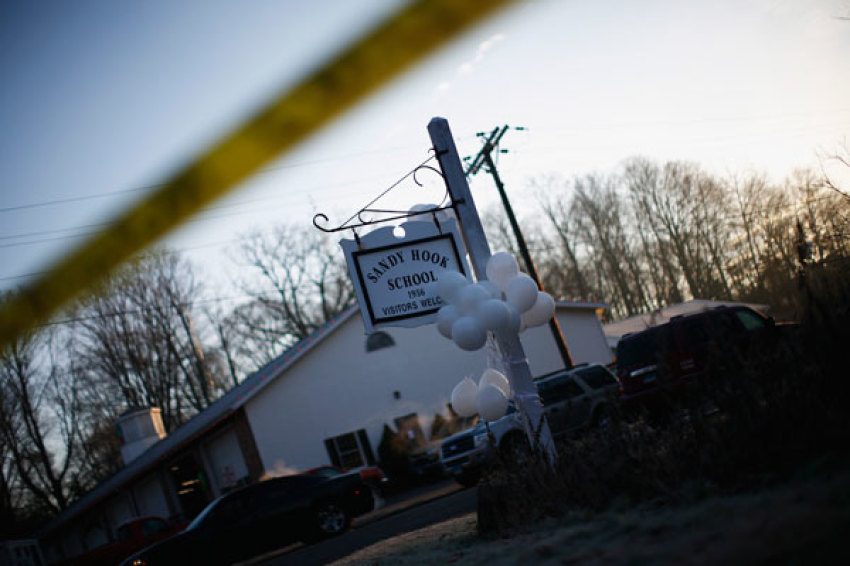Youth, Schools and Violence: Where Has Society Gone Wrong?

Are There Other Factors?
There are several societal factors that could possibly play a role in the troubling trend of school shootings happening in the U.S. — such as the increasing use of social media and the internet, the prevalence of violence in video games, television shows and cinema, and the increase of fatherlessness and broken family units.
However, the scholars warned that there just isn't enough conclusive research to say definitively that these factors have a causal relationship with the prevalence of school shootings.
"That is the kind of speculation that may have some validity but at this point it is speculation," Langman, the author of School Shooters: Understanding High School, College, and Adult Perpetrators, said.
Many might believe that most school shooters are simply products of broken families. However, Langman warned that it's unwise to concretely suggest what role broken family units are playing in the rise of school shootings.
"That could be a factor and that has a certain logic to it, but it comes with the fact that a vast majority of kids that come from such [broken] families don't do this," he said. "Another issue is that some of the shooters come from very much intact stable and supportive families. A lot of ideas that may make sense and have some truth to them, once you get down to the details you will see that there are situations where the truth doesn't apply. It may be a contributing factor but that is speculation."
(READ MORE ABOUT THE IMPACT OF FAMILY HERE.)
He also stressed that it's a "misconception" to suggest that the school shooting problem is a bullying problem.
"[School shooters] almost never target kids who picked on them," he explained. "The idea that some have been bullied is definitely true but if you are talking about middle school and high school kids, you can ask kids to raise their hands if they have ever been picked on. A lot of hands, if not most, would go up."
What About Violence in Movies and Video Games?
As far as the cultural shift that has decreased sensitivity toward violence and created a greater acceptance of violence in movies and video games accessed by children, Langman said that it's hard to say definitively what role that's playing.
Data show that 90 percent of U.S. children play video games and 85 percent of video games on the market contain some form of violence.
"Maybe we find out that a certain shooter played a certain video game but so did 20 million other kids. How many times did the shooter play the game? Often, we are not going to know that. Maybe he played it 1,000 hours. Well, his peers also played it for 1,000 hours and they didn't pick up a gun," Langman said. "This is an argument that might have a superficial appeal and maybe even have a greater truth to it, but teasing that out so we can make it a solid statement at this point is impossible."
According to the nonpartisan think tank National Center for Health Research, "studies have shown that playing violent video games can increase aggressive thoughts, behaviors, and feelings in both the short-term and long-term."
The organization states, however, that not all aggressive behaviors are violent and that very few studies have evaluated whether playing violent video games increases the chances of "later delinquency, criminal behavior, or lethal violence."
"Such studies are difficult to conduct, and require very large numbers of children," the organization asserts. "It makes sense that since playing violent video games tends to increase the level of aggressive behavior it would also result in more lethal violence or other criminal behaviors, but there is no clear evidence to support that assumption."
The organization also notes that very few studies have evaluated violent video game exposure and aggression in children younger than 10.
"While violence is usually born out of aggression, there is no data that shows that violence itself is impacted by either [movies or video games]," Nutt, who has written about the possible causes of school shootings, told CP.



























